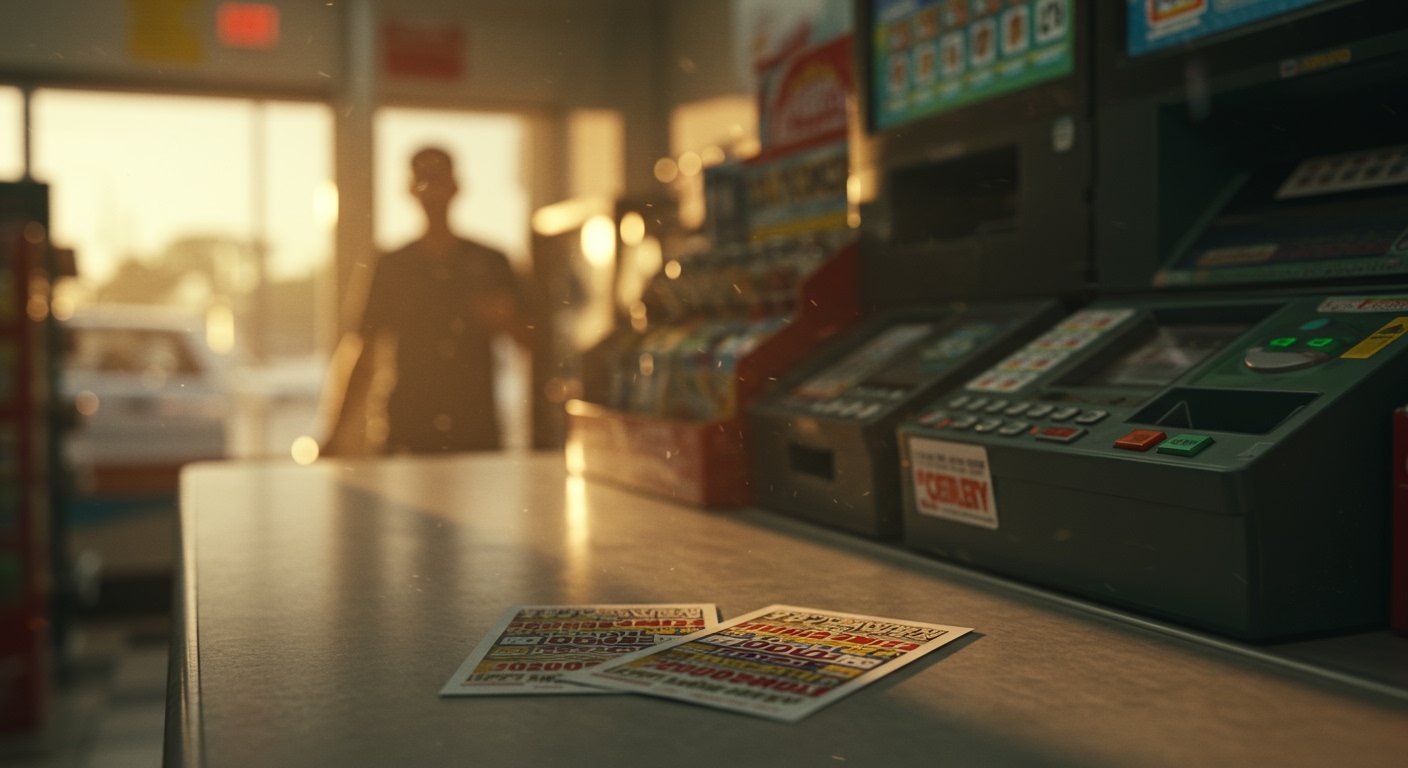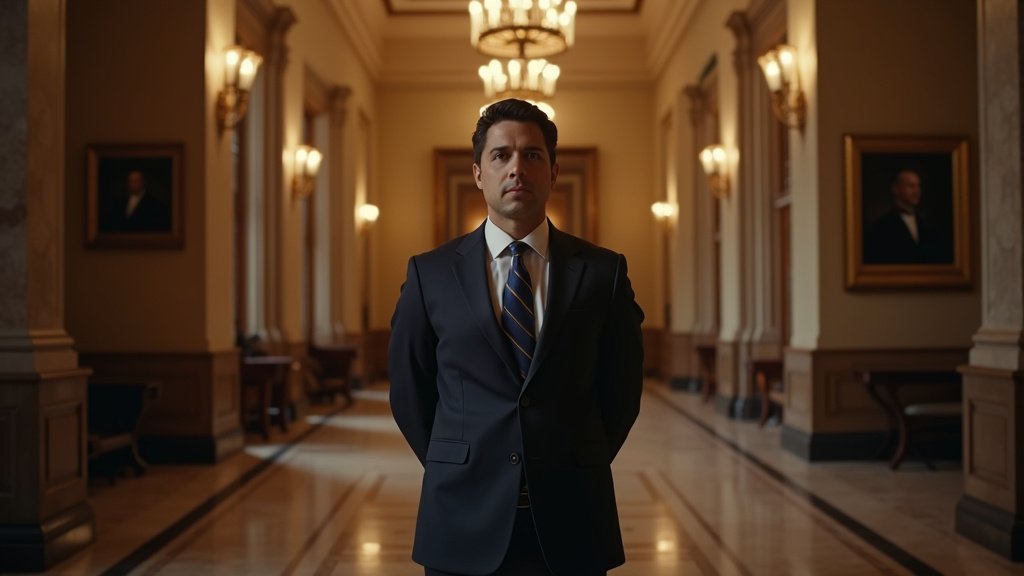In a highly unusual turn of events that has captured local attention, a recent lottery drawing resulted in a single jackpot being claimed by three separate winning tickets. What makes this outcome particularly noteworthy is the revelation that two of these winning tickets were purchased at the same retail location in the bustling Miami area.
This rare occurrence represents a significant moment for the unnamed establishment, described by observers as receiving a “double bonus.” The convergence of two jackpot winners acquiring their tickets from the same point of sale for the same drawing is an statistical anomaly within the complex mechanics of large-scale lottery operations.
Understanding the Lottery Process
Lotteries are structured games of chance designed to raise funds, typically for state or national programs. Participants purchase tickets with combinations of numbers, hoping their chosen sequence matches the numbers drawn in a predetermined selection process. When a ticket’s numbers match the winning sequence, that ticket is declared a winner, often entitling the holder to a share of a prize pool, frequently referred to as a jackpot when it reaches substantial levels.
Jackpots accumulate when no ticket matches all the required numbers in previous drawings, rolling over to increase the potential payout for subsequent rounds. The allure of a large jackpot drives significant ticket sales, involving countless retail locations authorized to vend tickets.
The Significance of Multiple Winners
Typically, when a large jackpot is won, the winning ticket is sold at a single, often random, location among the thousands or even millions of outlets participating in the lottery network. The distribution of winning tickets across different vendors is the standard expectation, reflecting the vast and geographically dispersed nature of ticket sales.
The recent drawing defied this norm. While a single jackpot was at stake, it was split among three winning tickets. The distribution was not spread across three different vendors, but concentrated, with two of the three winning tickets originating from just one store in the Miami area. The third winning ticket was sold elsewhere, at a different location.
This concentration of luck at a single retail point is what elevates this event beyond a simple lottery win announcement. For the vendor, selling a jackpot-winning ticket typically brings recognition, increased customer traffic, and often a financial commission from the lottery organization – a ‘bonus’ for facilitating the winning transaction.
The ‘Double Bonus’ Effect
In this unique scenario, the Miami area location sold not one, but two of the three winning tickets for the single lottery jackpot. This unprecedented situation translates directly into what has been termed a “double bonus” for the store. While the exact nature or amount of this bonus is not specified in the available details, it undoubtedly signifies double the typical recognition and potential incentives associated with selling a single jackpot ticket.
The implications for the store are manifold. Immediately, it becomes a point of significant local interest and media attention. Customers, driven by the narrative of concentrated luck, may flock to the location in the hope that some of that fortune might rub off on their own ticket purchases. This surge in foot traffic can lead to increased sales not only of lottery tickets but also of other retail items the store offers.
Furthermore, lottery organizations often provide performance bonuses or commissions to vendors who sell winning tickets. Selling two such tickets for the same major prize likely qualifies the store for double the standard incentive structure related to jackpot wins. This financial aspect, coupled with the intangible benefit of positive publicity, constitutes the substantial “double bonus” received by the Miami area retailer.
Rarity of the Occurrence
The statistical probability of two independently purchased winning tickets for the same drawing originating from the exact same retail location is remarkably low. Lottery systems are designed for randomness, both in the number drawing and in the distribution of ticket sales across vendors. While it is possible for multiple winning tickets to exist if multiple participants happen to choose the same winning numbers (especially in games with fixed payouts for matching certain combinations), having multiple jackpot-winning tickets for a single large jackpot that are sold at the same specific counter is highly unusual.
This suggests a confluence of rare events: multiple individuals independently deciding to purchase tickets from the same store around the same timeframe, and then those specific tickets happening to contain the winning number combination that claimed the jackpot. It underscores the truly random nature of the lottery process and the surprising ways chance can manifest.
Impact on the Miami Area
The news of the concentrated winnings in the Miami area is likely to generate considerable excitement among local residents and lottery enthusiasts. The specific location, though currently unnamed in available reports, will undoubtedly become a minor landmark, at least temporarily, known as the place where incredible luck struck twice in one drawing. This sort of positive local news can sometimes provide a small boost to community morale, offering stories of hope and unexpected fortune.
The event also serves as a reminder of the widespread participation in lottery games and their integration into daily retail environments across the country. Convenience stores, gas stations, and supermarkets serve as key access points for millions of players, making them integral components of the lottery ecosystem.
Conclusion
In summary, the recent lottery drawing presented a fascinating anomaly: a single jackpot claimed by three winning tickets, with an extraordinary concentration of luck seeing two of those tickets sold at one location in the Miami area. This circumstance grants the fortunate retailer a rare “double bonus,” combining potential financial incentives with significant positive publicity and increased customer interest. The event stands as a compelling example of the unpredictable nature of chance and the rare moments when statistical probabilities converge in striking ways, making one specific location the epicenter of a surprising stroke of lottery fortune.





